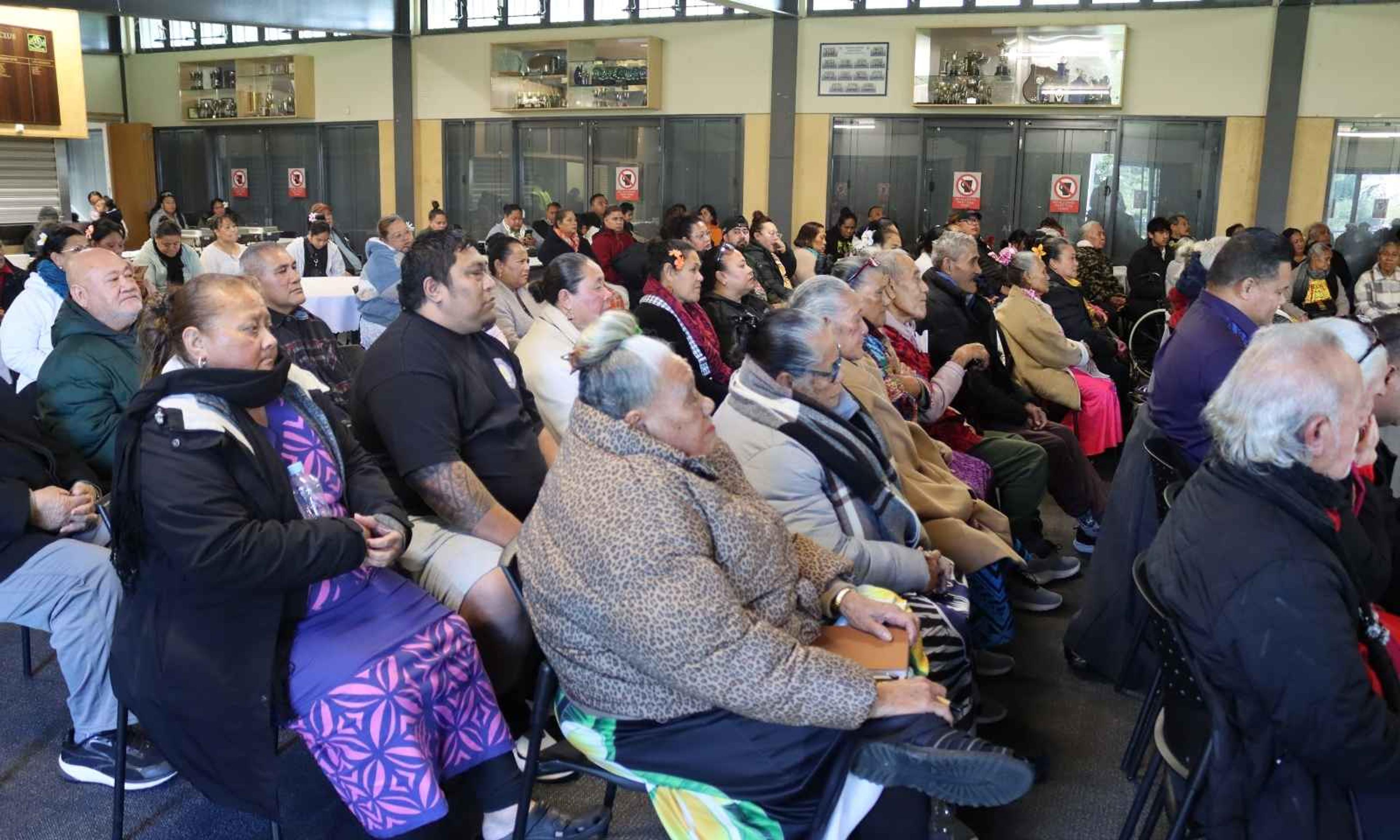

Reserve Bank Governor Adrian Orr.
Photo/ Supplied
Kiwibank predicting rate cuts along with gloomy outlook for home buyers
Despite the Reserve Bank deciding to hold the OCR at 5.5%, Kiwibank Senior Economist Mary Jo Vergara told Pacific Mornings things could be looking up for mortgage holders.


One million children in the Pacific without a birth certificate - SPC

Tongan royals on historic visit to Fiji, strengthening ties and celebrating heritage

Still got it: 71-year-old athlete inspires at Pacific Mini Games

Major celebration in Manurewa marks restoration of Sāmoa citizenship rights

One million children in the Pacific without a birth certificate - SPC

Tongan royals on historic visit to Fiji, strengthening ties and celebrating heritage

Still got it: 71-year-old athlete inspires at Pacific Mini Games
Kiwibank is bucking predictions by many economists as well as the Reserve Bank, saying interest rates could in fact drop by the end of 2024.
And while that could be good news for those thinking about getting a lower mortgage rate, that silver lining on the country’s monetary outlook is tempered by the fact that the bank is also expecting house prices to rise around the same time.
Kiwibank Senior Economist Mary Jo Vergara joined Pacific Mornings to discuss what to expect from the economy and housing markets ahead of the official cash rate (OCR) announcement in on Wednesday.
The Reserve Bank decided to keep the OCR at 5.5 per cent and unexpectedly said it could lift rates to 5.7 by the end of the year if inflation remains above its targeted range of 1-3 per cent.
Vergara says the Reserve Bank’s approach up to this point has been necessary, despite mortgage rates hitting 15-year highs.
“Monetary policy is working, but we just need it to work and stay restrictive for a little while longer until we see more progress on the inflation front.”
Watch the full interview with Kiwibank Senior Economist Mary Jo Vergara below:
For those new to things like monetary policy, Vegara explains that the OCR is one of the most crucial factors in determining how much people have to spend, as well as being a means to encourage more saving.
“The official cash rate is the rate that the Reserve Bank sets, and it's sort of sets all interest rates in the economy, lending rates and deposit rates. [So if] the Reserve Bank raises interest rates to ultimately cool domestic demand, in doing so, that should lower demand in the economy [and inflation].”
And from the data her team look at, the higher rates are having an impact.
“We look at household spending here at Kiwibank, and we've seen that pullback among households. They're not spending big on those household items like they were back in 2020. No one's buying the big couch or the big ticket items anymore.”
But unlike economists at ANZ and Westpac, Vegara says Kiwibank’s modelling would indicate that inflation could soon meet the Reserve Banks’ target and that in turn could lead to rate cuts.
“We're a little bit different. We think that the Reserve Bank can actually be in a position to start cutting interest rates by the end of this year. I think by November, we'll see inflation back below 3 per cent, getting closer to that 2 per cent target.
“So I think that altogether could see the Reserve Bank begin to normalise monetary policy sooner than perhaps other forecasters are saying, as well as the Reserve Bank.”
But Vegara is also predicting house prices to start increasing around the same time.
“We have seen the housing market quite sluggish and I think it is, you know, drawing interest from first home buyers. We've seen more favorable tax changes come into play so that should see interest from investors to jump into the market now. We're just in a period where we've seen a big correction in the housing market. [But] it should start to pick up in the second half of this year and start to record some more moderate gains later on.”